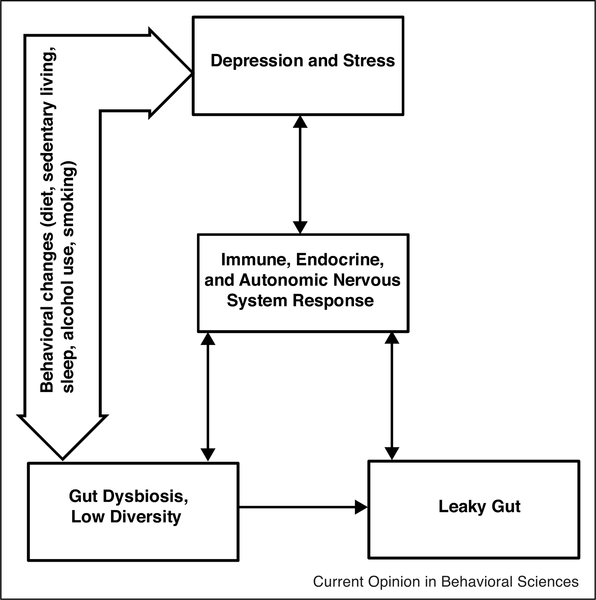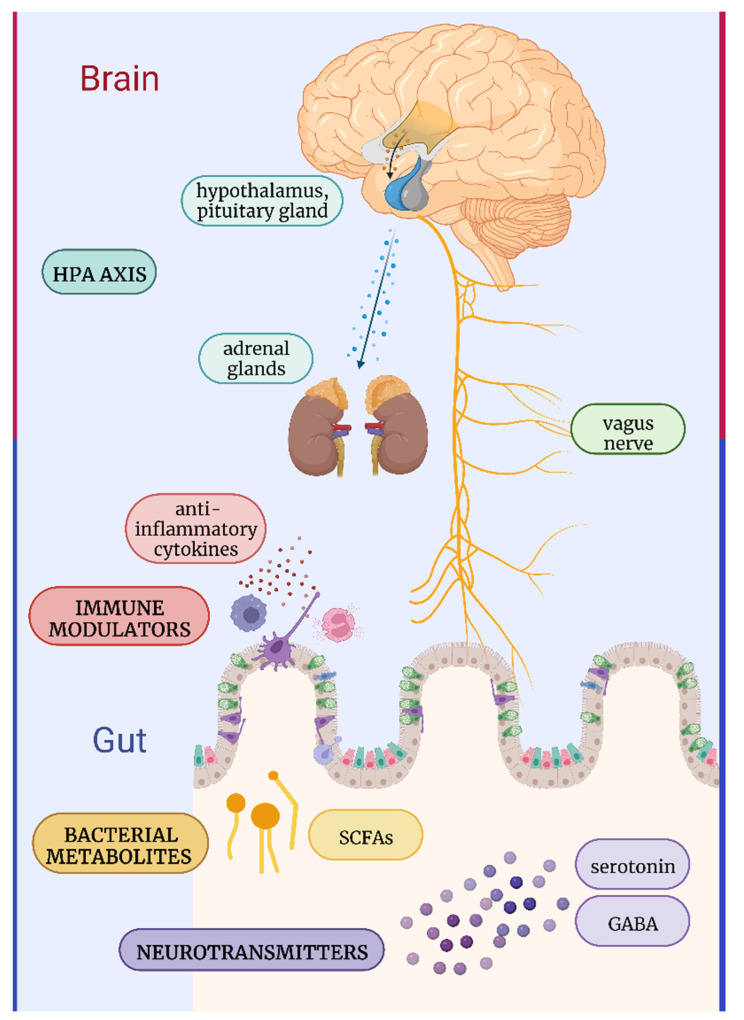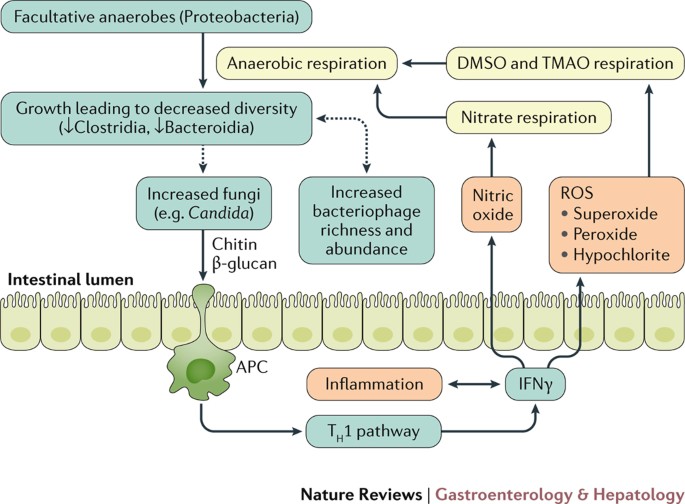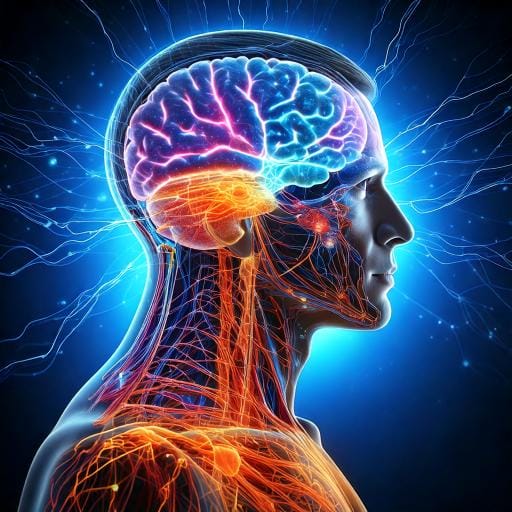The connection between gut health and brain function has gained significant attention in both scientific research and popular health discussions. This intricate relationship, known as the gut-brain axis, highlights how closely our digestive system and mental health are intertwined.
Understanding the Gut-Brain Axis
The gut-brain axis refers to the complex, bidirectional communication network linking the gastrointestinal (GI) system and the central nervous system (CNS). This communication occurs through several pathways:
- Nervous System: The vagus nerve acts as the primary conduit for transmitting signals between the gut and the brain.
- Microbiome Influence: The gut microbiota (trillions of bacteria in the GI tract) produce neurotransmitters like serotonin, dopamine, and GABA, which influence mood and behavior.
- Immune System: Gut bacteria regulate immune responses and inflammation, both of which play roles in mental and physical health.
How the Gut Influences the Brain
- Neurotransmitter Production: About 90% of the body's serotonin, a key mood-regulating neurotransmitter, is produced in the gut. Disruptions in gut health may therefore contribute to mood disorders like anxiety and depression.
- Chronic Inflammation: An imbalanced microbiome (dysbiosis) can lead to systemic inflammation, which has been linked to depression and neurodegenerative conditions like Alzheimer’s disease.
- Stress and Digestion: Psychological stress can alter gut microbiota composition, while gut health can influence how the body responds to stress. This relationship can create a feedback loop affecting both digestive and mental well-being.
Key Research Insights
- Studies suggest that probiotics, prebiotics, and fermented foods may positively influence mood and cognition by improving gut health.
- The emerging field of "psychobiotics" explores how specific bacteria might be used to treat mental health disorders.
- Personalized microbiome testing is becoming a tool for tailoring dietary and supplement interventions to improve overall health.
Supporting Gut-Brain Health
- Diet: Incorporate foods rich in fiber, probiotics (like yogurt or kimchi), and prebiotics (such as garlic, onions, and bananas) to nourish beneficial gut bacteria.
- Lifestyle: Practices like mindfulness, stress management, and regular physical activity can reduce stress's impact on the gut and enhance overall health.
- Awareness: Pay attention to how foods and stress levels affect both your digestion and mood.
The Future of Gut-Brain Research
While the science behind the gut-brain connection is still evolving, its implications for mental health, chronic disease management, and personalized medicine are promising. Whether you’re addressing digestive issues or exploring ways to improve mental clarity, focusing on gut health might be a valuable first step.
SOURCES:







